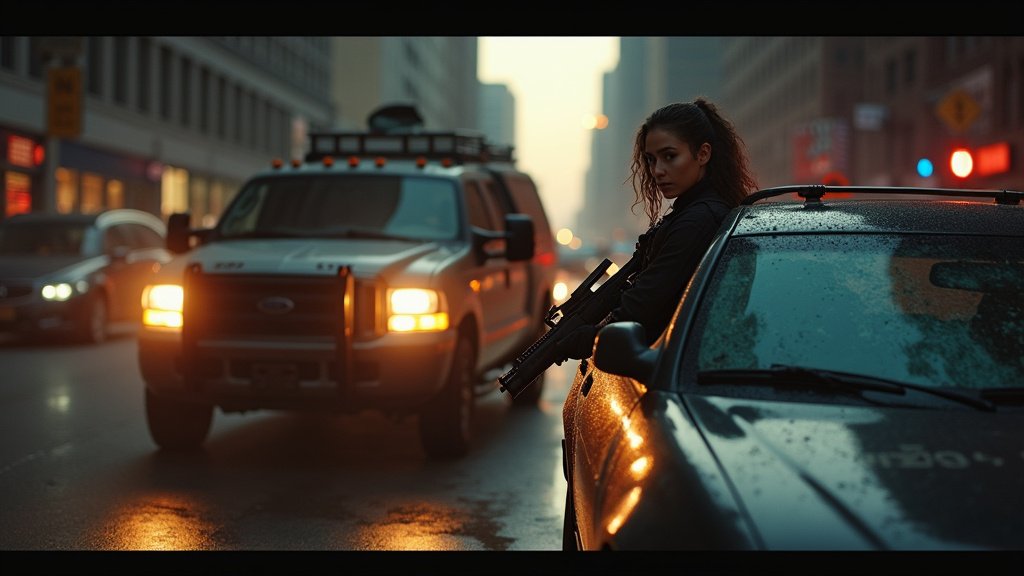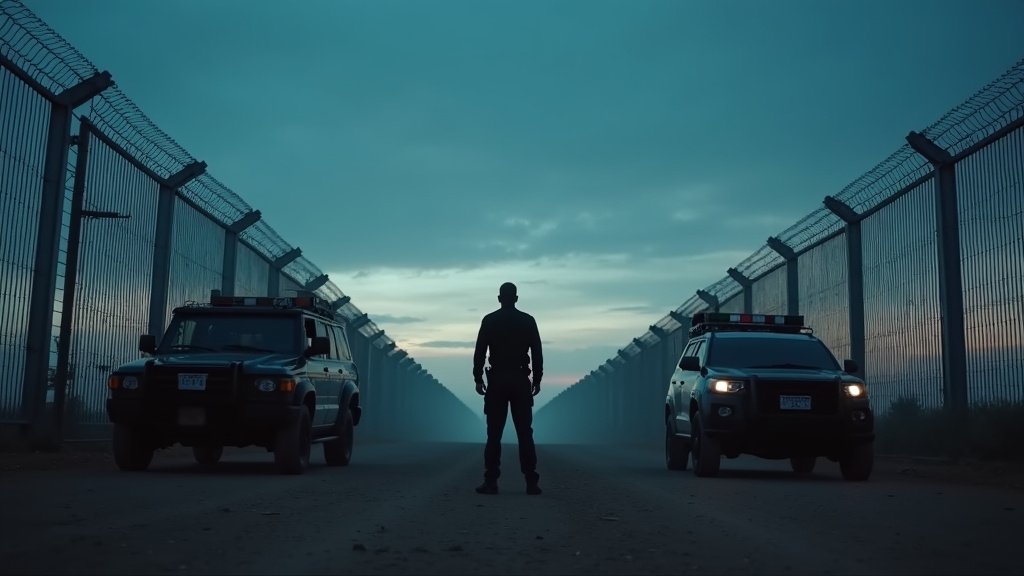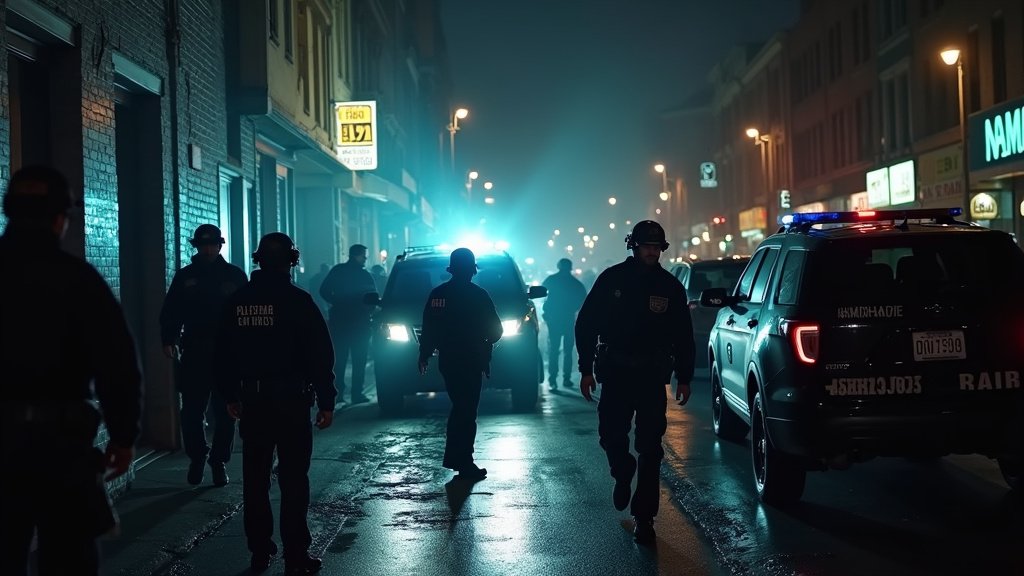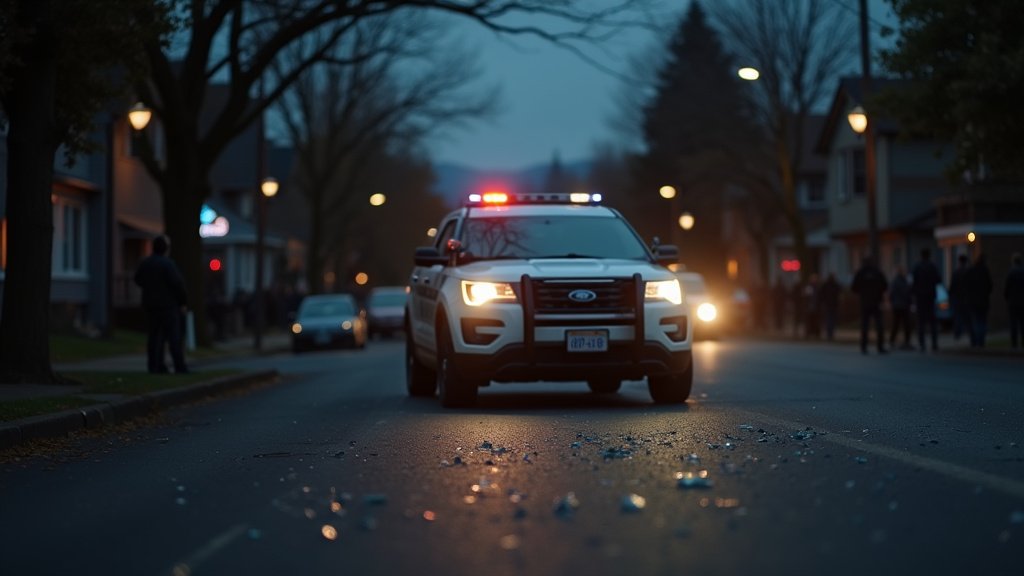CHICAGO – Federal prosecutors have charged two Chicago residents, Marimar Martinez, 30, and Anthony Ian Santos Ruiz, 21, following a volatile incident in the Brighton Park neighborhood where their vehicles allegedly rammed and boxed in a U.S. Customs and Border Protection (CBP) vehicle, leading to a Border Patrol agent firing his weapon and striking Martinez. The confrontation, which occurred on Saturday morning, has amplified existing tensions between federal immigration agents and local communities amid ongoing immigration enforcement operations in the US.
The Confrontation and Shooting
The incident began when federal agents, part of an immigration enforcement operation dubbed “Operation Midway Blitz,” were allegedly rammed and surrounded by approximately ten civilian vehicles, according to a Department of Homeland Security (DHS) spokesperson. Prosecutors state that Martinez and Ruiz used their vehicles to strike the CBP vehicle, effectively immobilizing it. A criminal complaint filed in U.S. District Court in Chicago alleges that after the agents’ vehicle was trapped, one agent exited the car and discharged his service weapon approximately five times, hitting Martinez. None of the three Border Patrol agents inside the vehicle sustained injuries.
Charges Filed Against Two Chicagoans
Marimar Martinez and Anthony Ian Santos Ruiz face felony charges of “forcibly assaulting, impeding, and interfering with a federal law enforcement officer”. According to federal statements, Martinez was armed with a semi-automatic weapon and had previously been flagged in a CBP intelligence bulletin for doxxing federal agents and posting online threats, including “Hey to all my gang let’s f— those motherf—— up, don’t let them take anyone”. Despite being shot, Martinez reportedly drove herself to a repair shop about a mile away, where she was found and transported to a hospital for treatment of her gunshot wounds. Ruiz was apprehended shortly after the altercation at a nearby gas station. Both individuals remain in federal custody.
Broader Context of Protests and Tensions
The ramming and shooting incident occurred amidst a weekend of escalating clashes between immigration agents and protesters in Chicago. Scores of residents converged on the scene following the shooting, leading to confrontations where federal agents deployed tear gas and pepper balls to disperse the crowd. Chicago police officers were present to separate the groups. These events are part of a larger pattern of protests across the US against increased federal immigration enforcement tactics, which critics describe as aggressive and heavy-handed.
Official Statements and Federal Response
Department of Homeland Security Assistant Secretary Tricia McLaughlin stated that law enforcement officers were rammed and boxed in, forcing them to fire defensive shots at an armed U.S. citizen. Conversely, activists and some local officials have suggested that immigration agents initiated the confrontation and that the use of force was excessive. In response to the escalating situation and what DHS Secretary Kristi Noem described as threats on officers’ lives, President Donald Trump authorized the deployment of 300 National Guard troops to Chicago to protect federal officers and assets, overriding objections from Illinois Governor J.B. Pritzker. The U.S. Attorney’s Office for the Northern District of Illinois and the FBI are continuing their investigation into the matter.
Ongoing Scrutiny and Community Relations
This news highlights the deep divisions and mistrust surrounding federal immigration operations in urban centers. Community organizations have been actively working to alert undocumented immigrants to enforcement activities, while federal agencies maintain their commitment to enforcing border security and immigration laws. The charges filed are considered initial accusations, and both Martinez and Ruiz are presumed innocent until proven guilty in a court of law. The ongoing scrutiny and differing accounts of the incident underscore the complex and contentious nature of federal immigration enforcement in cities like Chicago, making this a trending topic of national concern.






